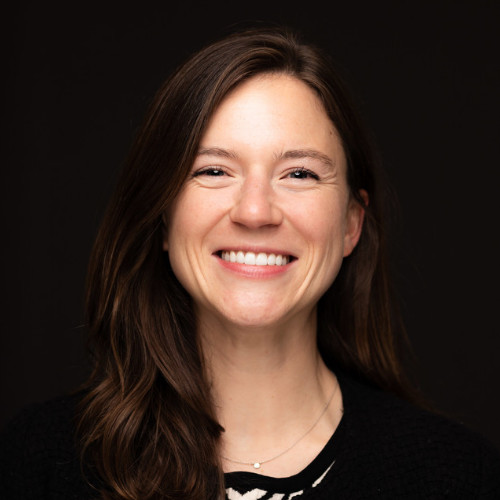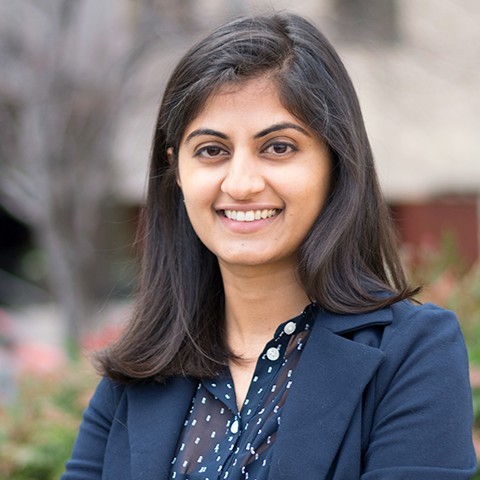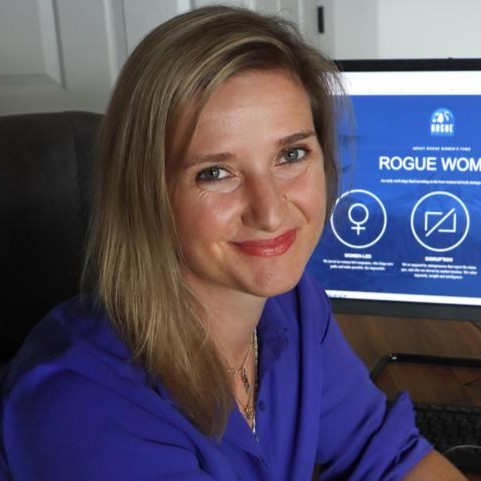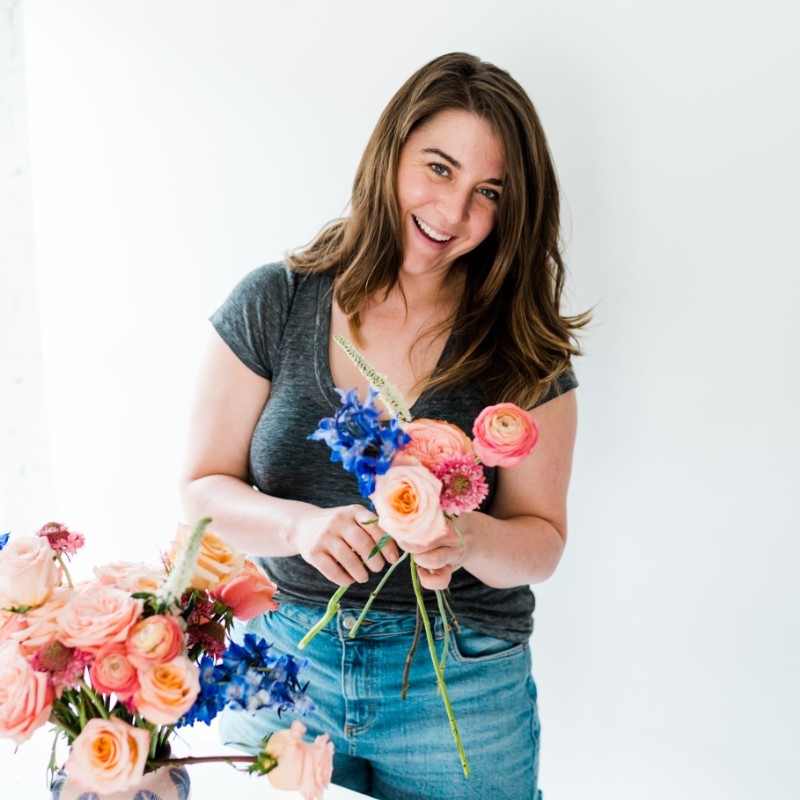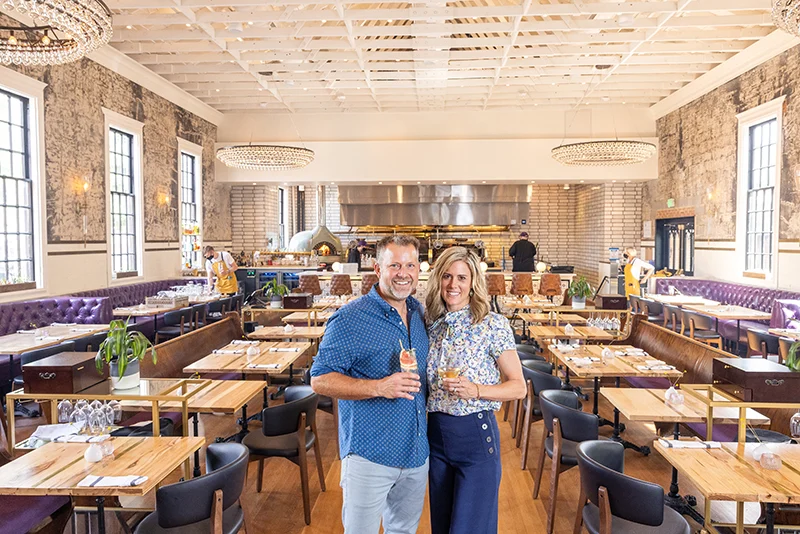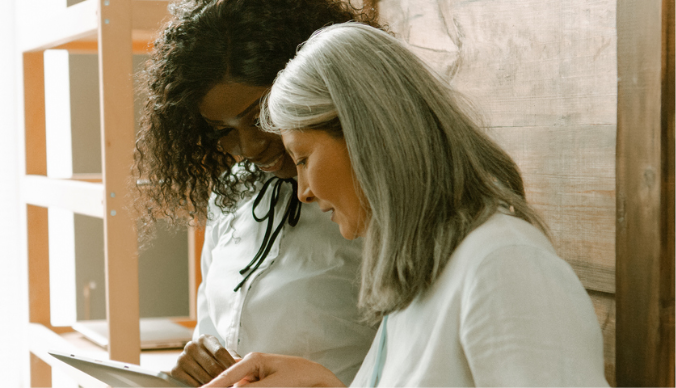A Quick Overview
During her time at Davidson, Megan picked the English major because it was what she loved: reading, and disseminating information into an argument, and she credits her English and liberal arts experience to a lot of her success today. Megan actually created something of her own Hurt Hub experience while at Davidson. Working with Dr. Campbell, Megan completed an independent study by interning for the town of Davidson working on their Small Business Saturday, to encourage customers to shop along Main Street instead of in Charlotte or on down to Exit 28. Megan really created her own internship and experiential learning experience in a time when the Hurt Hub didn’t exist at Davidson.
Megan can speak to the importance of culture within companies, moving around until she found the culture that best fits her at LinkedIn. Even though culture in after-work interactions are important, Megan is particularly in tune with how that culture functions in the work environment. Joining LinkedIn after the Microsoft acquisition, working within a huge brand, LinkedIn is still very independent of Microsoft but allows for the financial stability of a large company. Within the product marketing department, Megan has found a close-knit team that makes a large company feel small.
Finally, Megan gives her advice to Davidson students and the Davidson community. Megan wishes she had had more confidence in herself and her work and patience in the process. On the culture front, if you believe in the product and enjoy the people you’re with you can do anything in that company. Be honest with yourself and what you want and follow and lean on your network, especially one as giving Davidson’s.
